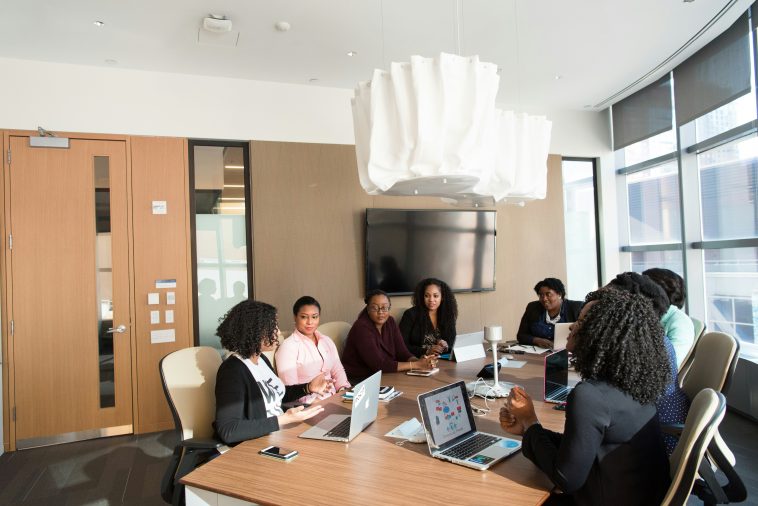A recent report from Salient Advisory, a healthcare consulting firm focused on enabling effective strategies within the African health sector, has unveiled a dramatic increase in funding for women-led health-tech ventures across Africa. The surge saw a monumental growth of over 2,000%, with women-led ventures rising from securing a mere 1% of total funding in 2022 to claiming 31% in 2023.
Despite the steady number of transactions, the capital inflow into women-led health tech enterprises witnessed a remarkable jump. In 2023, these entities garnered USD 52 million, a stark contrast to the USD 2 million received in the previous year, as the report’s key findings underscored.
Titled “2023 RoundUp: Investments in African HealthTech,” Salient Advisory’s latest Intelligence Report scrutinizes the funding landscape, encompassing grants, equity, and debt investments directed towards African health-tech startups in 2023. With the backing of the Bill & Melinda Gates Foundation, the report aims to provide valuable insights to governments, investors, donors, and global health bodies.
In the context of a global downturn in startup investments, the health tech sector in Africa demonstrated notable resilience with a minimal 2% decrease, contrasted against a 39% reduction across the wider startup landscape. The year 2023 witnessed a 17% year-on-year growth in health-tech deals on the continent, totaling 145 deals and amassing funding of USD 167 million, with the average deal size being USD 1.1 million. Of these, 114 health-tech innovators were financed, with 23 receiving funds more than once.
The sector of online pharmacy solutions garnered the most interest from investors, accounting for 38% (USD 63 million) of the total funding. This interest was particularly fueled by Series B financing rounds for companies such as Kasha from Kenya (USD 21 million), MyDAWA (also Kenyan) with USD 20 million, and Yodawy from Egypt, securing USD 16 million. Following this, electronic medical records solutions were also a key focus, with Helium Health leading with a USD 30 million Series B round.
Equity investments took the lead, accounting for 91% of the total funding, with the average investment size reaching USD 3.2 million, eclipsing grants, which only constituted 7% of the total capital, with an average grant amount of $168,000. Debt financing was notably scarce, with a single instance of debt-based investment recorded in 2023.
Merger and acquisition activities significantly increased, doubling over the last year, with four major deals completed. Despite the economic hurdles, the investment outlook for the future remains optimistic. Investors in the African health sector have pledged over USD 600 million in new investments.
Yomi Kazeem, an Engagement Manager at Salient Advisory, pointed out the enduring nature of innovations in the African health-tech sector, stressing the importance of ongoing strategies for achieving funding equity. Dr Analía Porrás of the Bill & Melinda Gates Foundation praised the sector’s durability and is hopeful for a rise in investor and donor confidence and funding.



